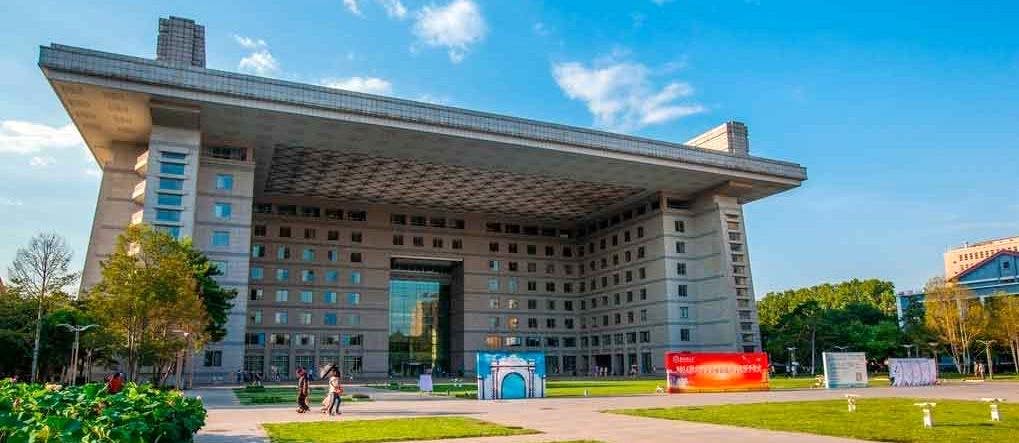Pakistani scholars from top universities in China visit Zhejiang province

China Economic Net
Beijing: A group of young Pakistani scholars from top universities and institutions in China were invited to participate in the study tour of Zhejiang province.
Consul General of Shanghai Consulate General of Pakistan, Hussain Haider and leaders of Chinese relevant units attended the seminar on the China-Pakistan Science Communication Seminar and Zhejiang Tour of Pakistani Young Scholars held in Hangzhou, Zhejiang.
The trip was initiated by China Centre for International Science and Technology Exchange (CISTE), Zhejiang Association for Science and Technology (ZAST), jointly supported by Pakistan Science Foundation (PSF), Pakistan Science and Technology Information Center (PSTIC), according to China Economic Net (CEN).
As many as 14 Pakistani young scholars from China Academy of Science (CAS), Tsinghua University (THU), Peking University (PKU), University of Science and Technology Beijing (USTB) were invited.
During the journey, the group was invited to visit several important technological pilots, including the National Wetland Museum of China, Second Institute of Oceanography (Ministry of Natural Resources), Hangzhou Low Carbon Technology Museum, Globally Important Agricultural Heritage (GIAHS), and so on. In addition, they also attended a high-scale talent recommendation fair and two seminars to discuss core issues of technological communication.
All the Pakistani scholars said that this trip is of great significance to young talents exchange between China and Pakistan. Kamran Amin, Post Doc Fellow at National Center for Nanoscience and Technology, CAS, said:
“We see that science can really change the world. The technological exchanges under CPEC are very inspiring for young people in both countries, which makes us more willing to engage in scientific research”.
He also cited data to introduce the situation of mutual scientific communication. Currently, about 30,000 Pakistani students are studying in China, and the Chinese government has provided more than 5,000 scholarships for them. ANSO, China’s highest doctoral scholarship, was awarded to 138 Pakistani students out of 300 in total.
“This further shows that China attaches great importance to Pakistan’s scientific development and bilateral cooperation,” he said.
Irfan Hussain, PhD Student of USTB, said: “Technological exchanges between the two countries have benefited a lot of Pakistani students, and provided us with scientific training.
China has always supported and concerned overseas students, especially those from Pakistan. I’m privileged to spend time with great scientists and researchers, and discuss global scientific challenges and solutions.”
He thanked the Zhejiang government for arranging such an astonishing activity and the visit of historical places.





